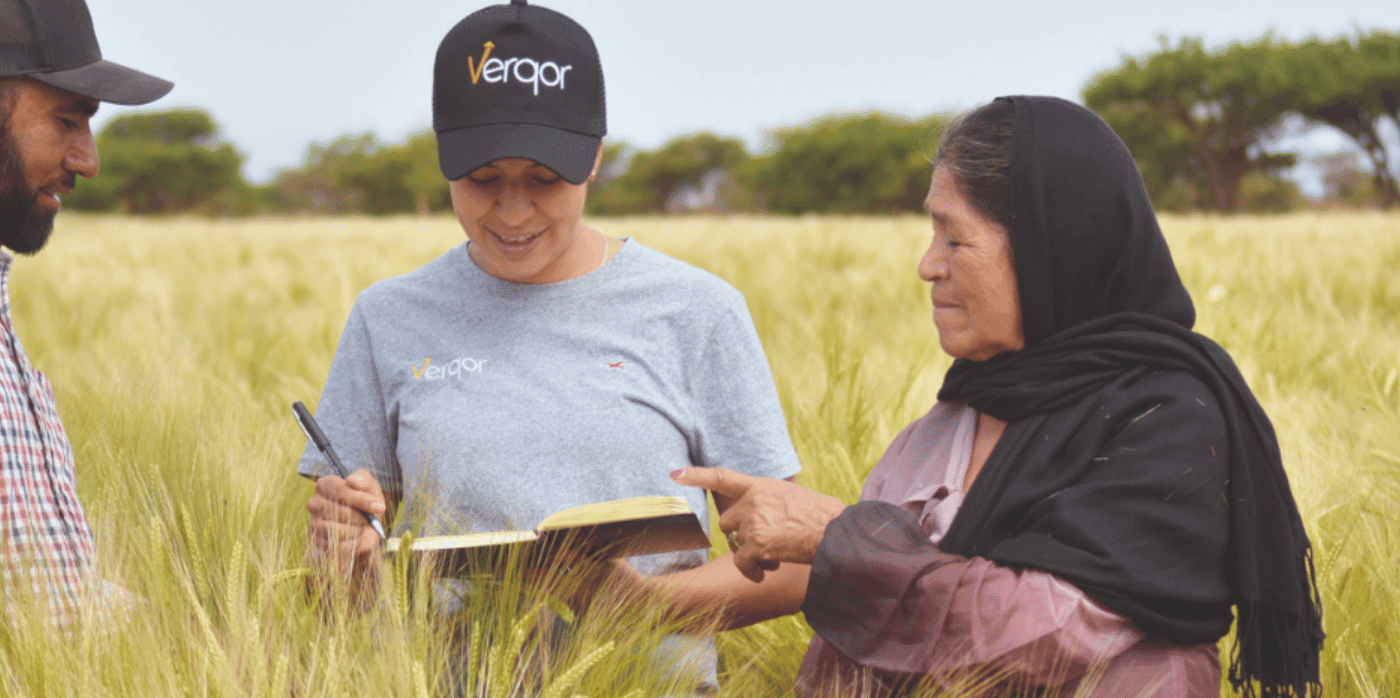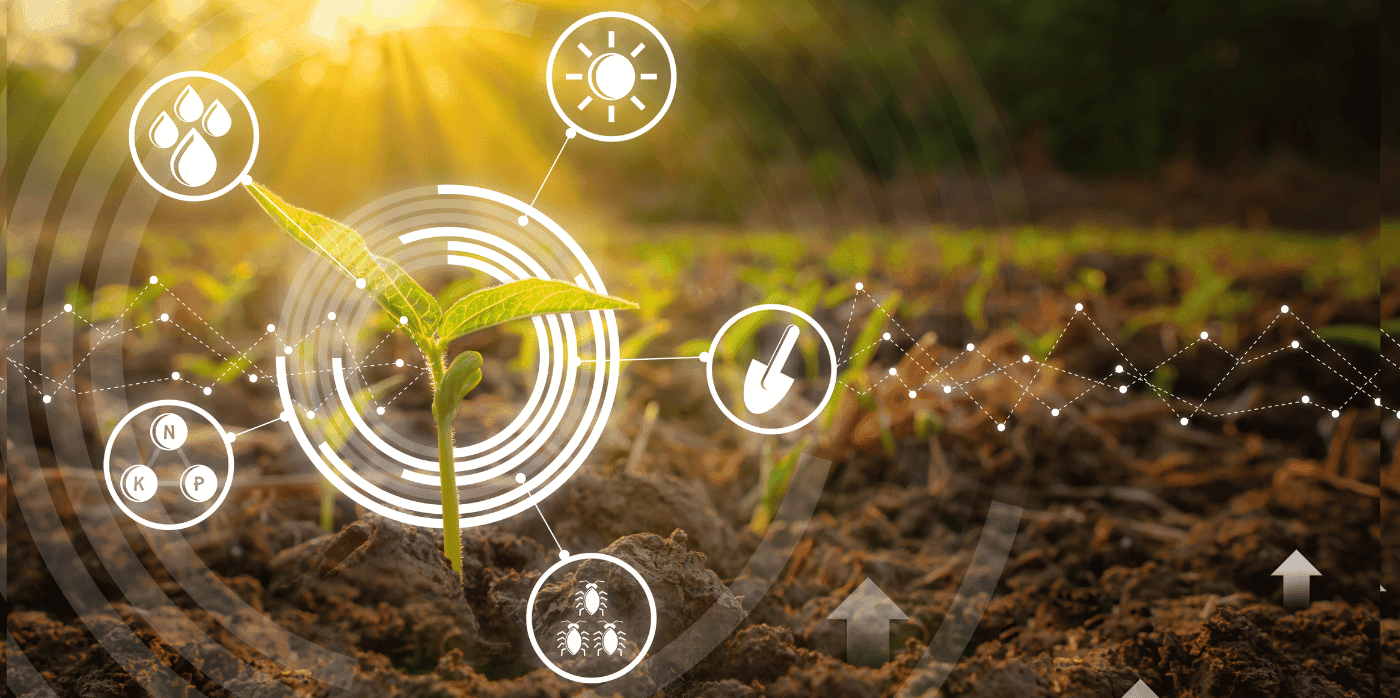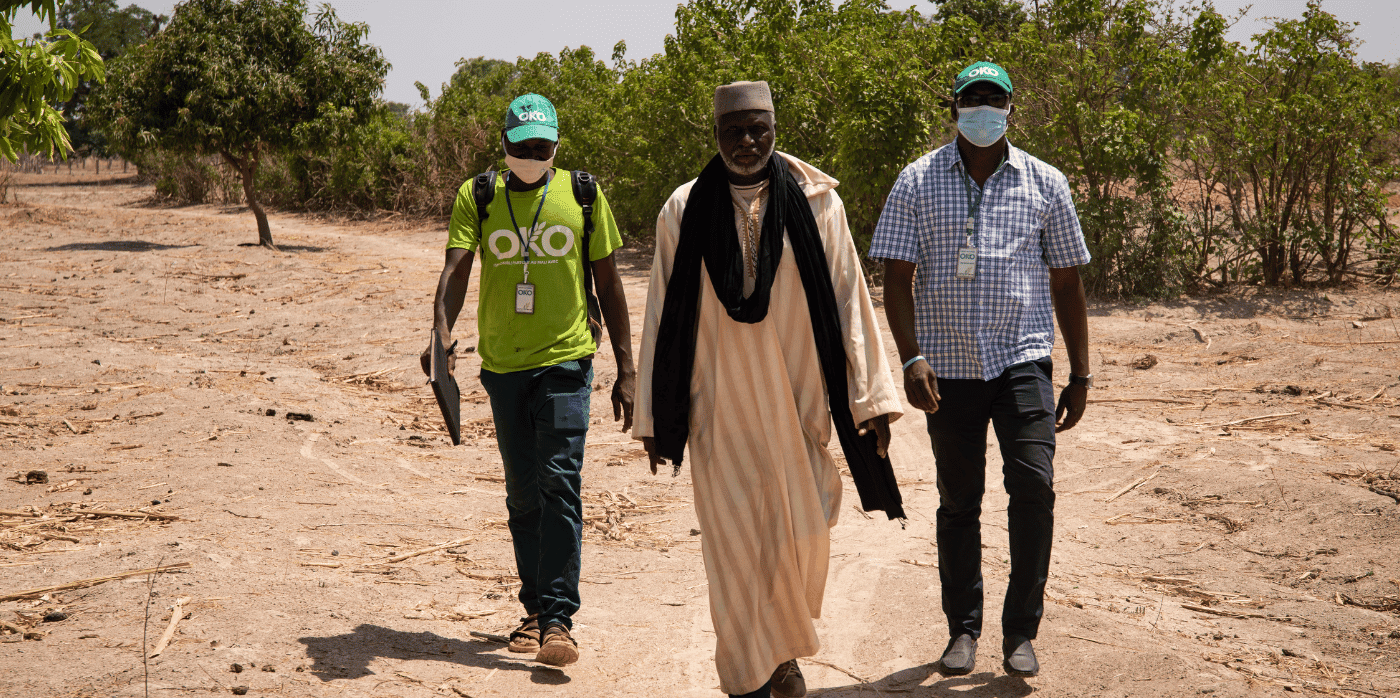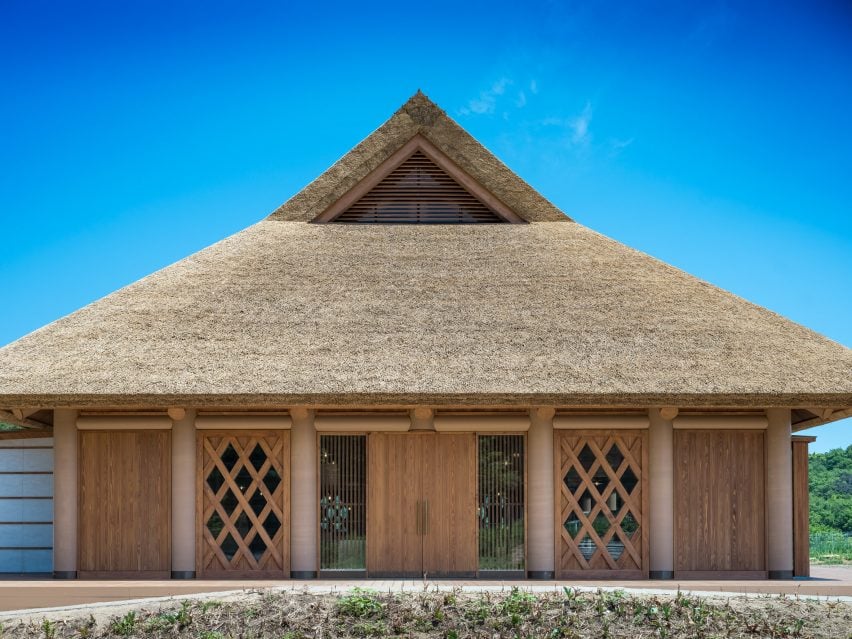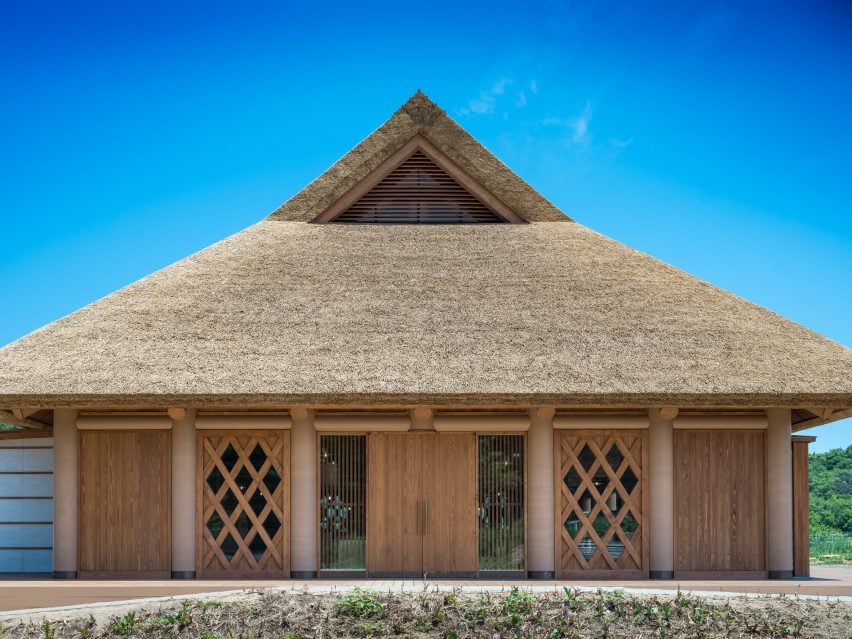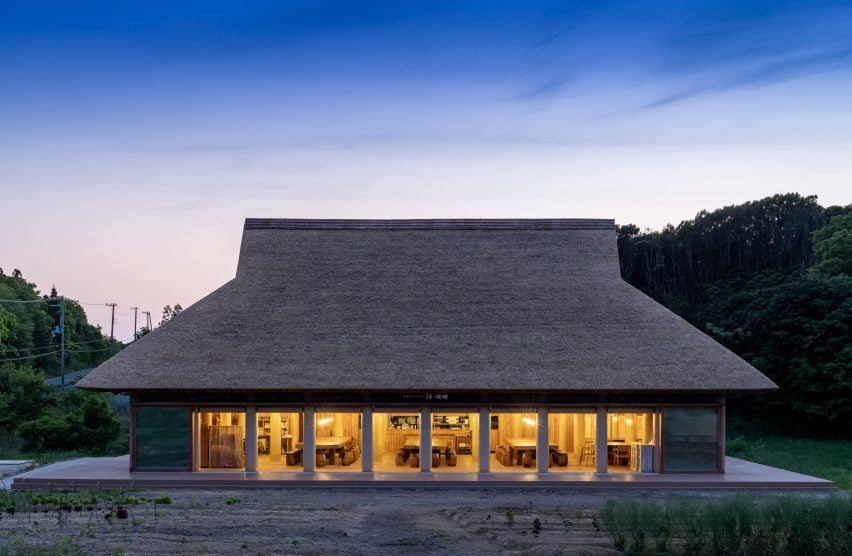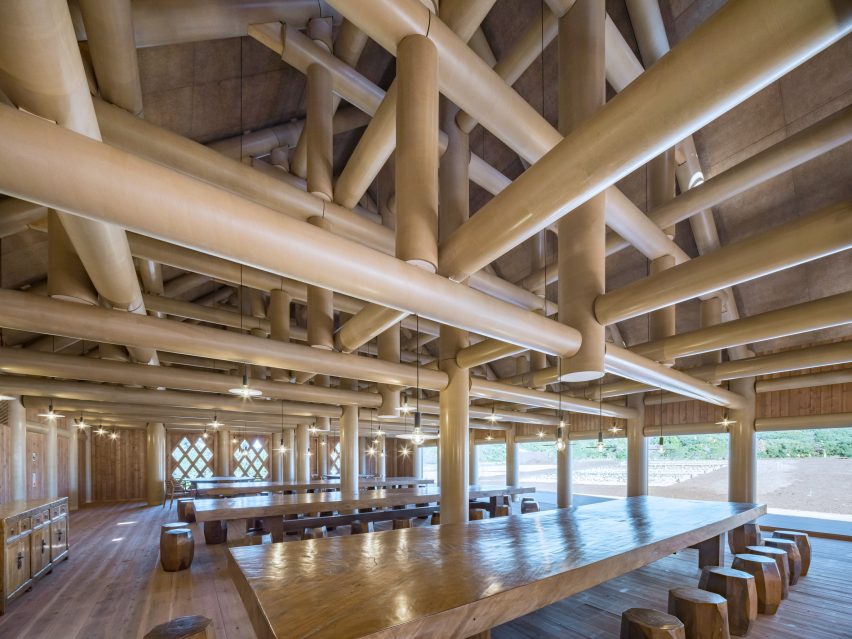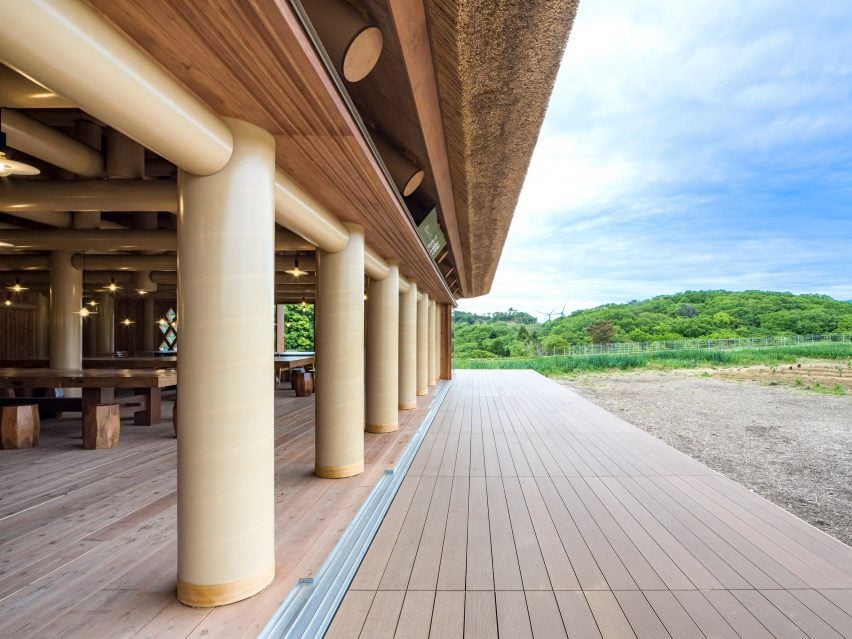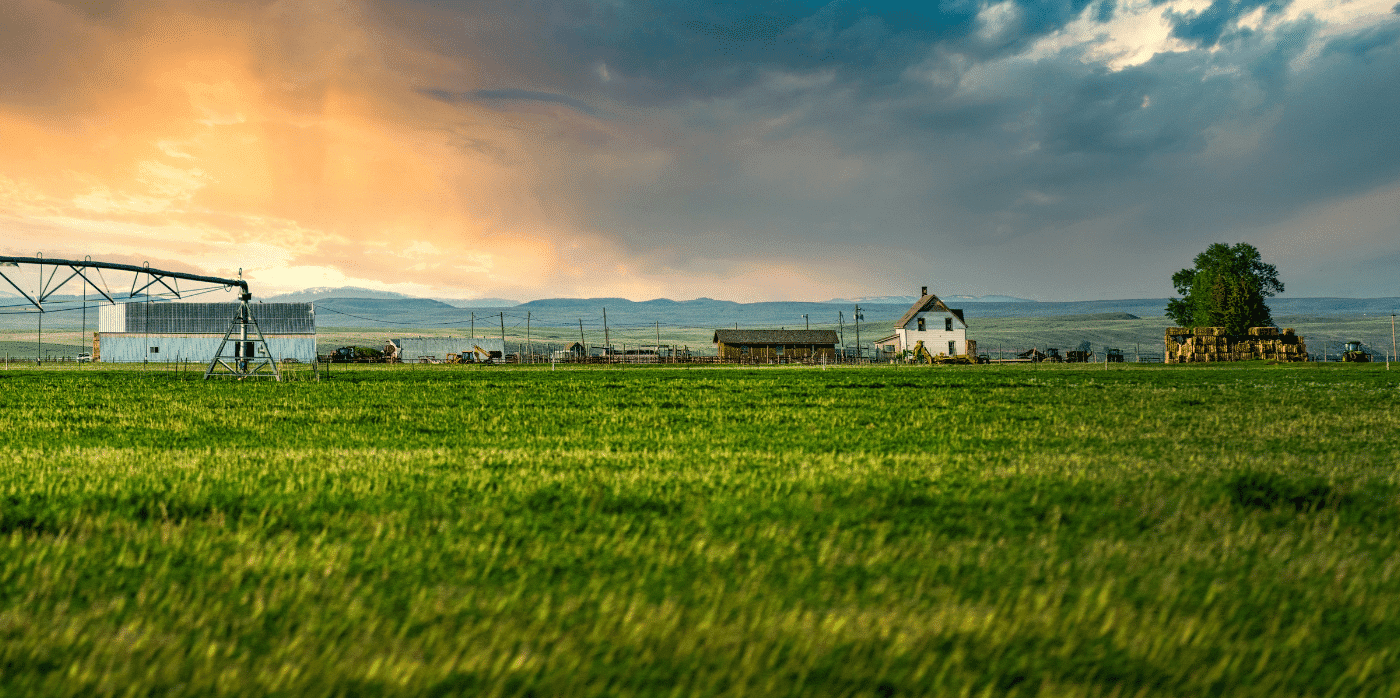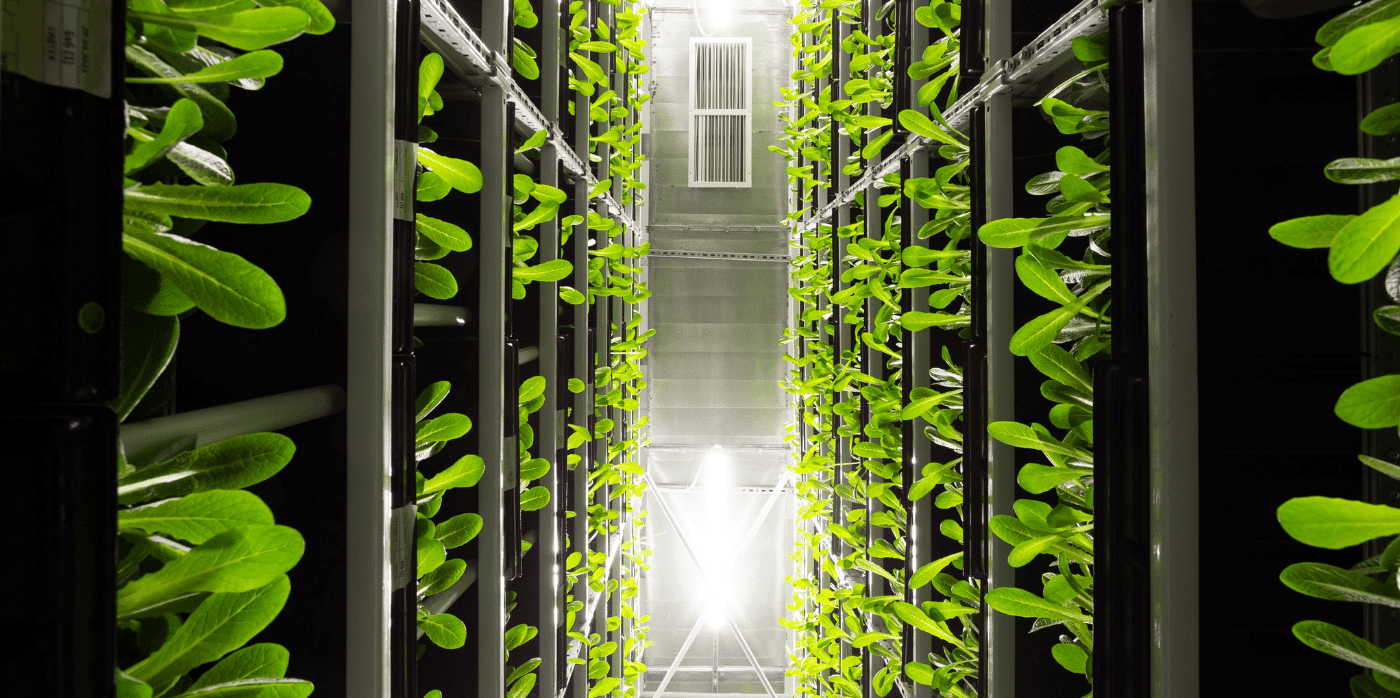Will cashless credits sow the seeds of success for Mexican farmers?

Spotted: Mexico is one of the world’s leading food producers, but more than 90 per cent of farmers lack access to formal financing, limiting their opportunities to invest properly in their fields. But Mexican agri-fintech Verqor is hoping to change that with its digital solutions for farmers.
The startup is working to make credit accessible to every farmer in Mexico by using a financing process that takes into account the sector’s specific characteristics. Verqor analyses the actual paying capacity of a farmer by considering various data points, including normalised difference vegetation index (NDVI) factors (the greenness and density of crops), supply chain trends, weather patterns, and changes in crop prices. Unlike most traditional financial providers, Verqor also reviews information like a farm’s sales history, any contracts for selling their crops, and past inputs. This gives a more comprehensive view of a farm so Verqor can better assess credit viability.
Verqor provides cashless credit quickly, so farmers can access the inputs they need to grow crops, including fertilisers, agrochemicals, organic products, trailers, and macrotunnels. Farmers repay the credit with their produce sales at the end of the crop cycle. This financing covers up to 90 per cent of a farmer’s initial costs, allowing them to invest in essential inputs that can help to improve produce quality and yields every cycle.
The startup recently raised $7.5 million (around €6.9 million), including $4 million (around €3.7 million) in a pre-series A round led by Yara Growth Ventures. The funding will allow Verqor to expand its operations in Mexico and broaden its network. Verqor is also further developing its technology so that its approval process can be seven times faster than normal financing options.
Springwise has spotted many innovations looking to digitise and reshape various industries, including an all-in-one digital health clinic for women, as well as a digital platform for energy retailers.
Written By: Anam Alam

